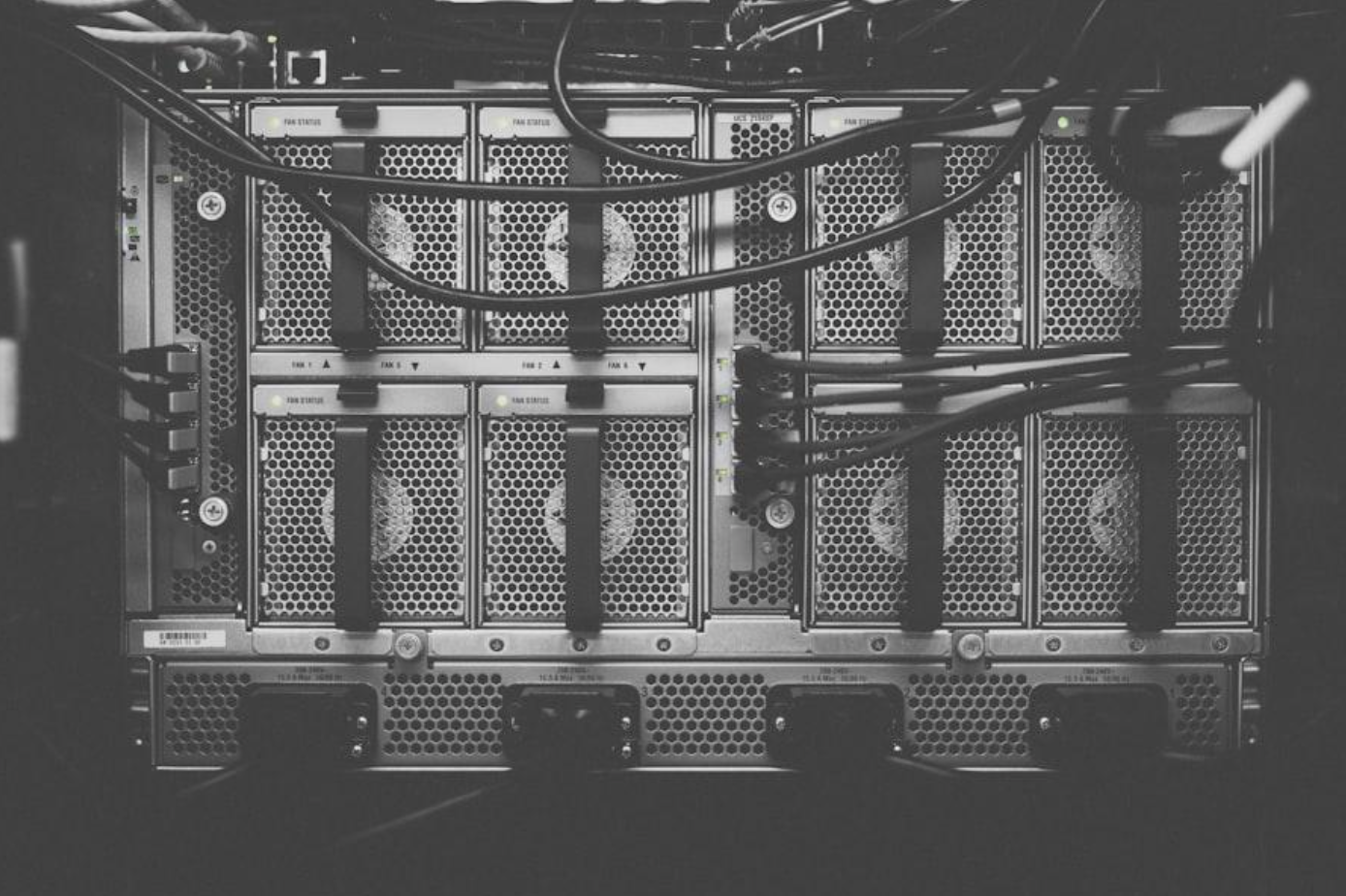As technology continues to advance, privacy laws will need to adapt to address new challenges and protect individuals’ privacy rights.
Technology and privacy law are two interconnected fields that have become increasingly important in our modern society. Technology has revolutionized the way we live, work, and communicate, but it has also raised concerns about the protection of our personal information and privacy. Privacy law, on the other hand, seeks to establish legal frameworks and regulations to safeguard individuals’ privacy rights in the digital age.
The importance of technology and privacy law cannot be overstated. With the rapid advancement of technology, our personal information is constantly being collected, stored, and shared by various entities. This raises significant concerns about how our data is being used and whether it is being adequately protected. Privacy law plays a crucial role in addressing these concerns and ensuring that individuals have control over their personal information.
The Evolution of Technology and Its Impact on Privacy Law
The relationship between technology and privacy law has evolved over time. In the early days of technology, privacy concerns were primarily focused on physical spaces, such as wiretapping or surveillance. As technology advanced, however, new challenges emerged. The rise of the internet and digital technologies brought about new ways of collecting and sharing personal information, leading to the need for updated privacy laws.
The evolution of technology has had a profound impact on privacy law. Traditional legal frameworks were not designed to address the complexities of the digital age. As a result, new laws and regulations had to be developed to protect individuals’ privacy rights in this new landscape. For example, the European Union’s General Data Protection Regulation (GDPR) was introduced in 2018 to provide individuals with greater control over their personal data and to establish stricter rules for data processing.
Key Concepts in Privacy Law and Their Application to Technology
Privacy law encompasses a range of key concepts that are essential for understanding how it applies to technology. One such concept is the right to privacy, which is recognized as a fundamental human right in many jurisdictions. This right protects individuals from unwarranted intrusion into their personal lives and allows them to control the collection, use, and disclosure of their personal information.
Another key concept in privacy law is consent. Consent refers to the voluntary agreement of an individual to the collection, use, and disclosure of their personal information. In the context of technology, obtaining informed consent is crucial for ensuring that individuals have control over their data. Privacy laws often require organizations to obtain explicit consent from individuals before collecting or using their personal information.
Additionally, privacy law also includes principles such as data minimization, purpose limitation, and data security. Data minimization refers to the principle of collecting only the minimum amount of personal information necessary for a specific purpose. Purpose limitation requires organizations to clearly define the purposes for which they collect personal information and to use it only for those purposes. Data security involves implementing measures to protect personal information from unauthorized access, use, or disclosure.
The Role of Data Protection Authorities in Regulating Technology
Data protection authorities (DPAs) play a crucial role in regulating technology and ensuring compliance with privacy laws. DPAs are independent government agencies responsible for enforcing privacy laws and protecting individuals’ privacy rights. They have the power to investigate complaints, conduct audits, issue fines, and provide guidance on privacy matters.
DPAs are responsible for monitoring organizations’ compliance with privacy laws and taking enforcement actions when necessary. They play a vital role in ensuring that organizations handle personal information in a lawful and responsible manner. For example, if an organization is found to be in violation of privacy laws, a DPA may impose fines or other penalties to hold them accountable.
Examples of DPAs include the Information Commissioner’s Office (ICO) in the United Kingdom, the Office of the Privacy Commissioner of Canada (OPC), and the Federal Trade Commission (FTC) in the United States. These authorities have been instrumental in enforcing privacy laws and protecting individuals’ privacy rights in their respective jurisdictions.
The Importance of Privacy Policies and Consent in Technology
Privacy policies and consent are essential components of technology that help individuals understand how their personal information is being collected, used, and shared. A privacy policy is a document that outlines an organization’s practices and procedures regarding the handling of personal information. It informs individuals about the types of information collected, the purposes for which it is used, and the third parties with whom it may be shared.
Consent, on the other hand, is the voluntary agreement of an individual to the collection, use, and disclosure of their personal information. Obtaining informed consent is crucial for ensuring that individuals have control over their data. Privacy laws often require organizations to obtain explicit consent from individuals before collecting or using their personal information.
Privacy policies and consent are particularly important in the context of technology because they help individuals make informed decisions about how their personal information is being used. They provide transparency and accountability, allowing individuals to understand the risks and benefits associated with sharing their data. By providing clear and accessible privacy policies and obtaining informed consent, organizations can build trust with their users and demonstrate their commitment to protecting privacy. For more insights on emerging legal issues, see Law of the Day.
Emerging Technologies and Their Implications for Privacy Law

Emerging technologies such as artificial intelligence (AI), biometrics, and Internet of Things (IoT) devices have significant implications for privacy law. These technologies have the potential to collect vast amounts of personal information and raise concerns about how this data is being used and protected.
Artificial intelligence, for example, relies on large datasets to train algorithms and make predictions or decisions. This raises concerns about the privacy of the data used for training AI systems and the potential for bias or discrimination in decision-making processes. Privacy laws need to address these concerns by ensuring that individuals have control over their data and by establishing safeguards to prevent misuse or unauthorized access.
Biometric technologies, such as facial recognition or fingerprint scanning, also raise privacy concerns. These technologies collect and analyze unique physical or behavioral characteristics to identify individuals. Privacy laws need to address the collection, use, and storage of biometric data to ensure that individuals’ privacy rights are protected.
Internet of Things devices, which are interconnected devices that collect and share data, also pose challenges to privacy law. These devices can collect vast amounts of personal information without individuals’ knowledge or consent. Privacy laws need to establish clear rules for the collection, use, and sharing of data by IoT devices to protect individuals’ privacy rights.
Data Breaches and Cybersecurity in the Context of Privacy Law
Data breaches and cybersecurity are significant concerns in the context of privacy law. A data breach occurs when unauthorized individuals gain access to personal information held by an organization. Cybersecurity refers to the measures taken to protect computer systems and networks from unauthorized access or attacks.
Data breaches can have severe consequences for individuals, including identity theft, financial loss, or reputational damage. Privacy laws often require organizations to implement reasonable security measures to protect personal information from unauthorized access or disclosure. In the event of a data breach, organizations may be required to notify affected individuals and take steps to mitigate the harm caused.
Cybersecurity is closely linked to privacy law because it plays a crucial role in protecting individuals’ personal information. Organizations need to implement robust cybersecurity measures to prevent unauthorized access or attacks that could compromise the security of personal information. Privacy laws often require organizations to implement safeguards such as encryption, access controls, and regular security audits.
The Intersection of Privacy Law and Artificial Intelligence
Artificial intelligence (AI) has significant implications for privacy law due to its reliance on large datasets and its potential for making decisions that impact individuals’ lives. AI systems can process vast amounts of personal information and make predictions or decisions based on this data. This raises concerns about how AI systems handle personal information and whether they respect individuals’ privacy rights.
Privacy laws need to address the challenges posed by AI by ensuring that individuals have control over their personal data and by establishing safeguards to prevent misuse or unauthorized access. For example, privacy laws may require organizations to obtain explicit consent from individuals before using their data to train AI systems. They may also require organizations to provide individuals with explanations or justifications for decisions made by AI systems that impact them.
The intersection of privacy law and AI is a complex and evolving area. As AI technology continues to advance, privacy laws will need to adapt to address new challenges and protect individuals’ privacy rights in this context.
International Privacy Law and Its Impact on Technology
International privacy law plays a significant role in shaping the regulation of technology. Privacy laws vary across jurisdictions, with some countries having more stringent regulations than others. This can create challenges for organizations operating globally, as they need to comply with different legal requirements.
The European Union’s General Data Protection Regulation (GDPR) is one of the most comprehensive and influential privacy laws globally. It applies to organizations that process the personal data of individuals in the EU, regardless of where the organization is located. The GDPR establishes strict rules for data protection, including requirements for obtaining consent, implementing data security measures, and providing individuals with rights such as the right to access or delete their personal data.
The GDPR has had a significant impact on technology companies worldwide, as they need to ensure compliance with its requirements when processing the personal data of EU residents. Many other countries have also introduced or updated their privacy laws in response to the GDPR, leading to a global trend towards stricter regulations.
The Future of Technology and Privacy Law: Trends and Predictions
The future of technology and privacy law is likely to be shaped by several key trends. One such trend is the increasing use of data-driven technologies such as AI and machine learning. These technologies have the potential to transform various industries but also raise concerns about privacy and data protection. Privacy laws will need to adapt to address the challenges posed by these technologies and ensure that individuals’ privacy rights are protected.
Another trend is the growing importance of cross-border data transfers. With the increasing globalization of businesses and the rise of cloud computing, personal data is often transferred across borders. Privacy laws will need to establish clear rules for cross-border data transfers to ensure that individuals’ personal information is adequately protected, regardless of where it is processed or stored.
Additionally, the rise of emerging technologies such as biometrics, IoT devices, and blockchain will also impact privacy law. These technologies have unique privacy implications that will need to be addressed through updated regulations and safeguards.
In conclusion, technology and privacy law are intricately connected in our modern society. As technology continues to advance, privacy laws will need to adapt to address new challenges and protect individuals’ privacy rights. The future of technology and privacy law will be shaped by trends such as data-driven technologies, cross-border data transfers, and emerging technologies. It is crucial for policymakers, organizations, and individuals to stay informed about these developments and work together to ensure that technology is used in a way that respects privacy rights.


Join the conversation!